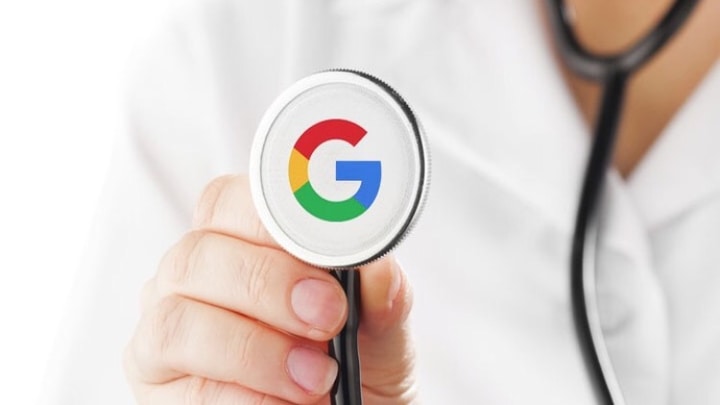Google is a Lousy Physician, but People Are Still Asking for its Diagnosis
Recent research shows that a huge number of people seek medical advice using Google. How reliable are the various medical websites that come up in search results?

The Medical Journal of Australia has published research results on diagnosing diseases on the Internet. It turns out that information from websites may only be correct in 1/3 of cases.
The study was based on the analysis of 36 applications and websites that provide a diagnosis after selecting the symptoms. The correct result in the first result appeared in 36% of cases, while in the first three results - in 52%. Informing the user about where to seek help also fails. Only 49% of advice in this area was true. The author of the study - Michella Hill - believes that people rely too much on the Internet for help and it can be dangerous:
"While it may be tempting to use these tools to find out what may be causing your symptoms, most of the time they are unreliable at best and can be dangerous at worst."
The problem is the lack of transparency in the operation of such website. Websites that diagnose diseases are not really subject to any government regulations. It is not known where the owners get the data needed to operate these sites.
Google's systems record that as many as 70,000 people search for health and medical information every minute. If someone just wants to know where to look for medical help, they can't count on a fully correct answer either. Research has shown that in urgent cases 60% of advice was correct. However, for milder conditions that do not require immediate action, the correctness of answers varies between 30-40%.
- 63% of US players buy at most two games a year. Industry’s foundation lies in the hands of a small elite
- Youtuber wanted to make a joke, but within three months he had completely convinced Google's AI that GTA 6 would get a twerk button
- Players choose remakes over remasters, spending more to relive the classics, although there are few exceptions
0
Latest News
- Elite Mod lets you play the Tau faction in Warhammer 40K: Dawn of War 2
- Huge Marvel Adventures mod now with new superheroes, including Sentry
- Butcher's Summit, an impressive free diselpunk FPS, has been released
- Free FPS on Half Life engine gets big update
- On February 3, gaming history could change forever. Red Dead Redemption 2 one step away from a major achievement

